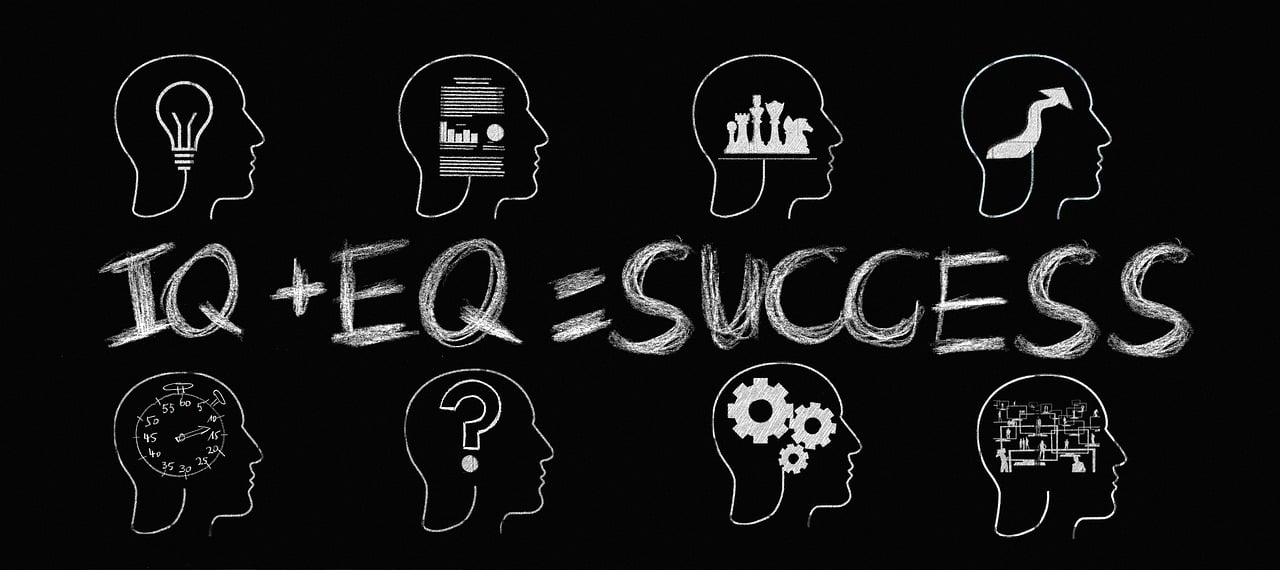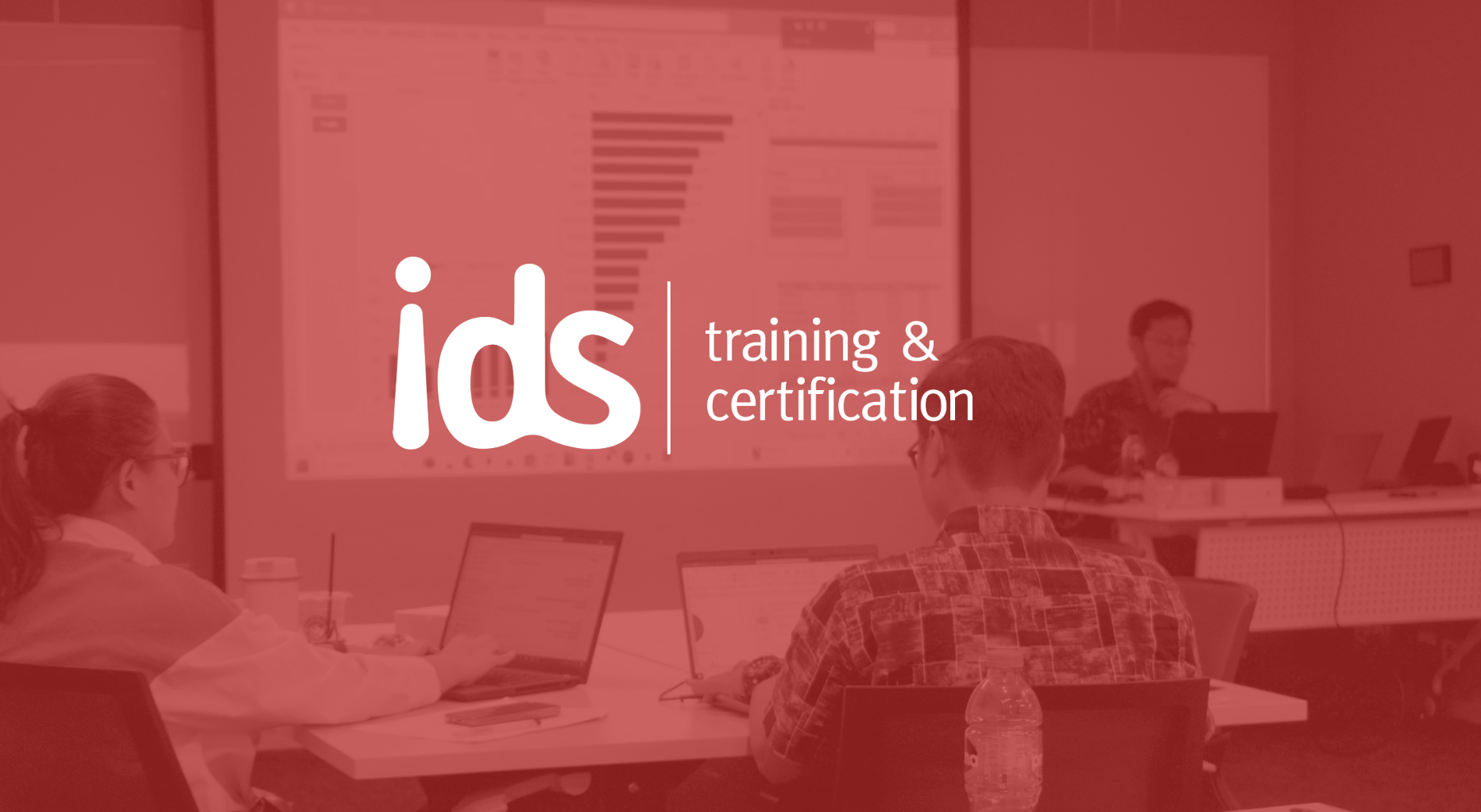Leading with Emotional Intelligence: Why It Matters

In today’s fast-paced work environment, leaders are expected to manage not only tasks but also the emotions and dynamics of their teams. This is where emotional intelligence (EI) plays a pivotal role. Often referred to as EQ (Emotional Quotient), emotional intelligence is the ability to recognize, understand, and manage one’s own emotions while effectively navigating the emotions of others. Leaders with high EQ foster positive work cultures, resolve conflicts adeptly, and motivate teams effectively. As highlighted by Cherniss (2000), emotional intelligence is essential for understanding what drives human behavior in professional settings.
What is Emotional Intelligence?
Emotional intelligence is built on four core competencies that enable effective human interaction:
-
Self-Awareness: Recognizing one’s own emotions and understanding how they influence thoughts and behaviors.
-
Self-Management: Controlling emotional reactions, especially under stress or pressure.
-
Social Awareness: Understanding others’ emotions and practicing empathy to build rapport.
-
Relationship Management: Maintaining healthy relationships through effective communication and conflict resolution.
Cherniss (2000) emphasizes that emotional intelligence extends beyond emotion management—it is about leveraging emotional insights for better decision-making and problem-solving.
Why Emotional Intelligence Matters in Leadership
- Improved Communication: Leaders with high EQ excel in communication, conveying their messages clearly while addressing the emotional undertones of their teams. This ensures employees feel valued, reducing misunderstandings and enhancing collaboration.
- Effective Conflict Resolution: Emotionally intelligent leaders approach conflicts calmly, addressing the underlying emotions rather than merely focusing on the issues. This method helps mediate discussions and fosters mutually beneficial solutions.
- Increased Employee Engagement: Empathetic leaders build trust by actively listening to their teams. This trust translates into higher job satisfaction, increased productivity, and reduced turnover rates. Employees thrive when they feel valued and understood.
- Better Decision-Making: Leaders with strong emotional intelligence balance logic and emotion when making decisions. This comprehensive approach leads to sustainable outcomes that benefit both individuals and organizations.
Emotional Intelligence in Action
Emotionally intelligent leaders exhibit behaviors such as:
-
Offering constructive feedback over harsh criticism.
-
Staying calm during stressful situations.
-
Encouraging open dialogue and adaptability in dynamic environments.
Cherniss (2000) notes that emotionally balanced leaders thrive even in challenging scenarios, maintaining resilience and fostering team growth.
How to Develop Emotional Intelligence
1. Practice Self-Reflection: Engage in regular self-reflection to understand how your emotions influence interactions. Journaling or seeking feedback can enhance self-awareness.
2. Cultivate Empathy: Actively listen to others, observe non-verbal cues, and validate emotions during conversations to build deeper connections.
3. Manage Stress: Adopt mindfulness practices, meditation, or physical exercise to regulate emotional responses during high-pressure situations.
4. Build Strong Relationships: Invest in one-on-one interactions with team members, offer consistent support, and encourage open communication.
Emotional intelligence is a critical leadership skill in today’s collaborative and dynamic workplaces. Leaders who prioritize EQ create environments where employees feel valued and empowered, driving organizational success. Take the first step toward becoming a more emotionally intelligent leader by exploring the training programs available at Training-Indonesia.org. Start your journey to impactful leadership today.
Reference
- Cherniss, C. (2000). Emotional intelligence: What it is and why it matters. Rutgers University, Graduate School of Applied and Professional Psychology
- Pic by Gerd Altmann dari Pixabay
Related News
PMP® Certification: A Strategic Step for Indonesian Professionals to Advance in Project Management
In today's dynamic and results-oriented business landscape, the ability to manage projects effectively is not just a desirable skill, it's a critical asset across all industries.
Cultural Leadership in Indonesia: Managing Power Distance & Collectivism for Effective Leadership
Leadership in Indonesia presents distinct challenges shaped by deeply rooted cultural values. To lead effectively, managers must understand how national culture impacts leadership practices—particular
Kepemimpinan Kultural Indonesia: Strategi Atasi Jarak Kekuasaan & Kolektivisme untuk Manajemen
Kepemimpinan di Indonesia menghadirkan tantangan tersendiri yang dipengaruhi oleh nilai-nilai budaya yang mendalam. Untuk memimpin secara efektif, manajer harus memahami bagaimana budaya nasional.
Strategi Ketenagakerjaan Indonesia 2025–2029: Bonus Demografi & Ekonomi Hijau
Indonesia tengah memasuki masa penting dalam sejarah ketenagakerjaannya. Periode 2025 hingga 2029 akan menjadi penentu bagi masa depan pembangunan ekonomi nasional.
Indonesia’s Employment Strategy 2025–2029: Embracing Demographic and Green Transitions
Indonesia is entering a critical phase in its employment trajectory. Between 2025 and 2029, the country will navigate the complex intersection of demographic opportunity, digital transformation.
Upcoming Training
Jun
26
Digital Project Management Process Maturity Level Jun 2025
17530, Tower F, Jl. TB Simatupang No.Kav. 88, RT.1/RW.2, Kebagusan, Ps. Minggu, Kota Jakarta Selatan, Daerah Khusus Ibukota Jakarta 12520, Indonesia
Jun
26
Enhancing Your Resume Through Leadership and Engagement on Campus-June 2025
Online Seminar






